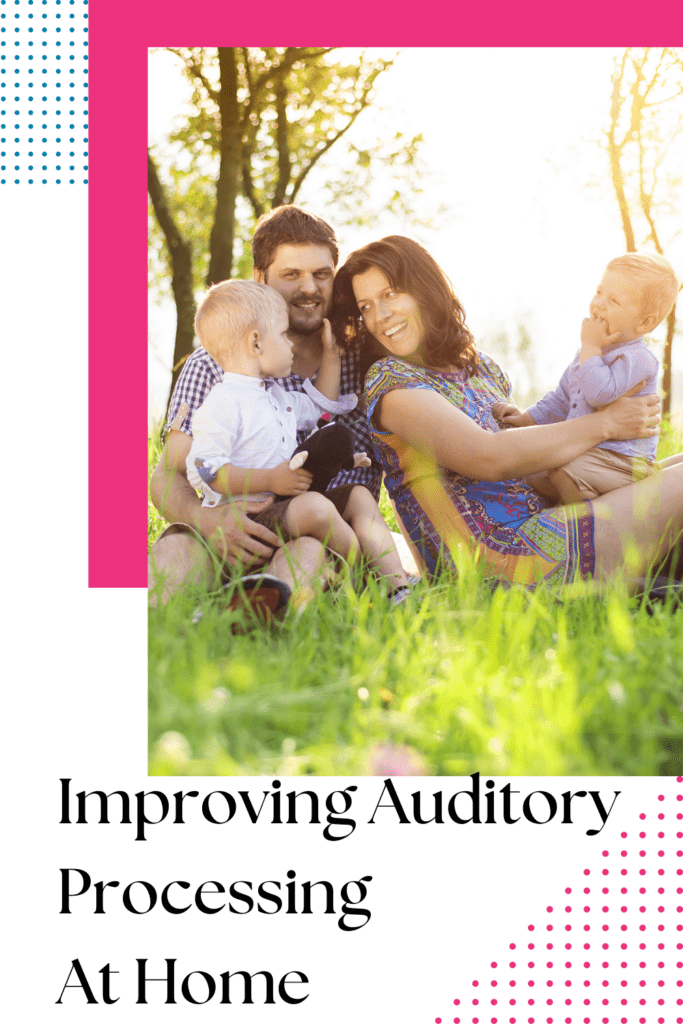What if your child doesn’t have to do remedial reading or tutoring programs for years?
What if auditory processing challenges weren’t permanent and your child could move past just managing it?
What if your child doesn’t have to be on an IEP forever or rely on all this assistive technology just to keep their head above water?
What if you addressed the root cause of auditory processing challenges, reading and learning difficulties as well as poor focus and behaviour?
What I want to get across to you today is this is what I constantly see in clients who come to me to get their child learning and behaving like other kids.
Where it Goes Wrong
They’ve spent all this money and done all of these things but are still in the same spot and some are in a worse spot.
Their child still has learning and reading difficulties, which affects their self-esteem and anxiety levels.
Their child still has poor focus and difficulty following directions.
They have tried meds, IEPs and tutoring and yet so many of these kids have problems with auditory processing and that is so rarely addressed in a way that is corrective.
Improving auditory processing skills are a part of all of my programs since whether it is so often a factor with ADHD, a Learning Disability or dyslexia.
Today I want to share with you some of my top recommended ways on how you can help your child improve their auditory processing skills at home.
1) Identify Sounds in Nature
Go for a walk in nature with your child and have your child identify specific sounds in nature. This forces them to really ‘tune in’ with their ears to a particular sounds and to try and tune out the rest.
2) Guess the Sound
Lay out several different objects of different categories. For example, rice, macaroni, legos, beads, nails/screws etc. Once your child has looked at the different objects, have them close their eyes while you place one of the categories in a container and shake it. They have to listen carefully and try to guess what category is in the container. You can make this more challenging by not letting them see what is in the container.
3) Where Did the Sound Come From?
Have your child close their eyes while you clap your hands or click your fingers at different spots around them. They need to point where to the direction or spot where they think the sound is coming from.
4) Clapping Patterns
Clap a pattern and then have your child repeat this patter with their own claps. You can also do this with a bongo drum or on pots and pans. This is also why learning a musical instrument is so helpful for kids with learning and behaviour challenges because often the timing is not accurate in their brain
5) Distinguishing Different Sounds
Play some music and have your child start identifying the difference between loud and soft sounds as well as high and low sounds. You can so this with both voices singing as well as instruments.
6) Distinguishing Letter Sounds
Many children with auditory processing difficulties have a hard time telling the difference between subtle sound or phoneme differences. For example, they might have a hard time telling the difference between the letter ‘m’ and ‘n’ or ‘b’ and ‘d’. Start by having your child list words that begin with a certain sound.
For example, you might say, “list some words that start with the sound ‘m'”
7) Rhyme
Rhyme is a powerful way to train the ear and children with dyslexia often don’t recognize rhymes as easily or show as much interest because their ear doesn’t detect the similarities between the sounds like other kids do.
Reading nursery rhymes, reading rhyming poems or making rhymes together are great ways to improve auditory processing and also improve phonemic awareness.
In my 6 month programs, clients go through a strategic and easy-to-follow method that accelerates improvements in auditory processing skills through a sound based technology.
If you want to learn more about how you can help your child move beyond management approaches and snail paced progress, book a free Better Brains Breakthrough session.


